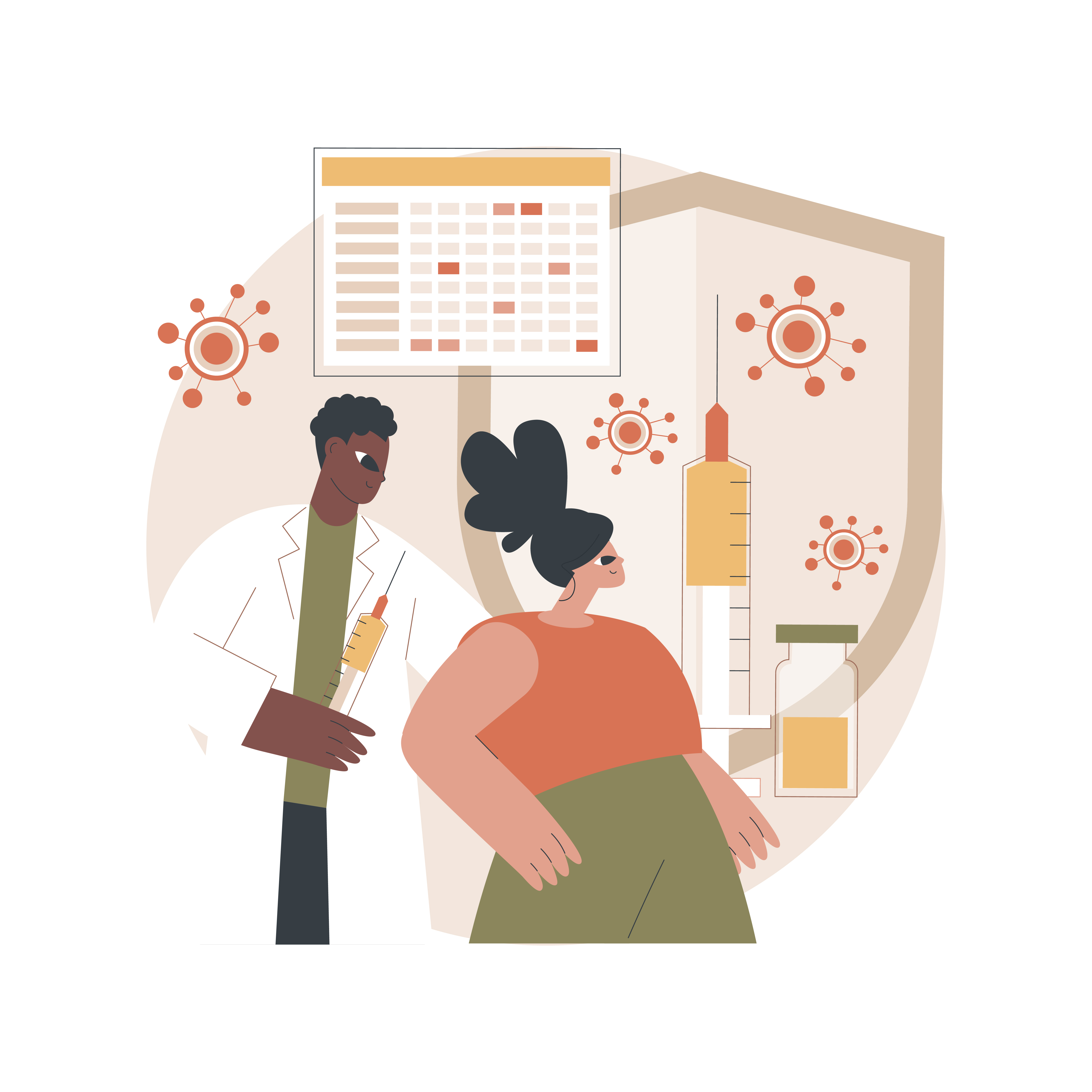
The Role of Hormones in Causes and Risk Factors Associated with Osteomyelitis
Introduction: Understanding the causes and risk factors associated with osteomyelitis is crucial for preventing this bone infection. In this blog, we’ll explore how hormones can influence these factors and increase the risk of osteomyelitis.
Causes of Osteomyelitis: Osteomyelitis can occur when bacteria or fungi invade the bones. This can happen through an open wound or injury that allows germs to enter the body and reach the bones. In some cases, infections from other parts of the body, such as the skin or bloodstream, can also spread to the bones and cause osteomyelitis.
Role of Hormones: Hormones play a significant role in osteomyelitis risk. Hormonal imbalances, such as those seen during pregnancy, menopause, or certain medical conditions, can weaken the immune system’s ability to fight off infections. This makes individuals more susceptible to developing osteomyelitis, especially if they have other risk factors like diabetes or a weakened immune system.
Other Risk Factors: In addition to hormonal imbalances, several other factors can increase the risk of osteomyelitis. These include:
- Diabetes
- Compromised immune system
- Recent injury or surgery
- Chronic medical conditions like HIV/AIDS or cancer
- Intravenous drug use
- Poor blood circulation
- Certain medications that suppress the immune system
Prevention and Treatment: Preventing osteomyelitis involves addressing underlying risk factors, such as managing diabetes, maintaining good hygiene, and avoiding behaviors that increase the risk of infection. Treatment typically involves antibiotics to kill the infection and surgery to remove any damaged tissue or foreign objects from the affected bone.
Conclusion: Understanding the causes and risk factors associated with osteomyelitis, including hormonal imbalances, is essential for preventing this serious bone infection. By addressing underlying risk factors and maintaining overall health, individuals can reduce their risk of developing osteomyelitis and ensure prompt treatment if an infection occurs.
To seek medical advice, always consult a Doctor. Here are our recommended experts. Click Here
To read more on Osteomyelitits. Click Here


